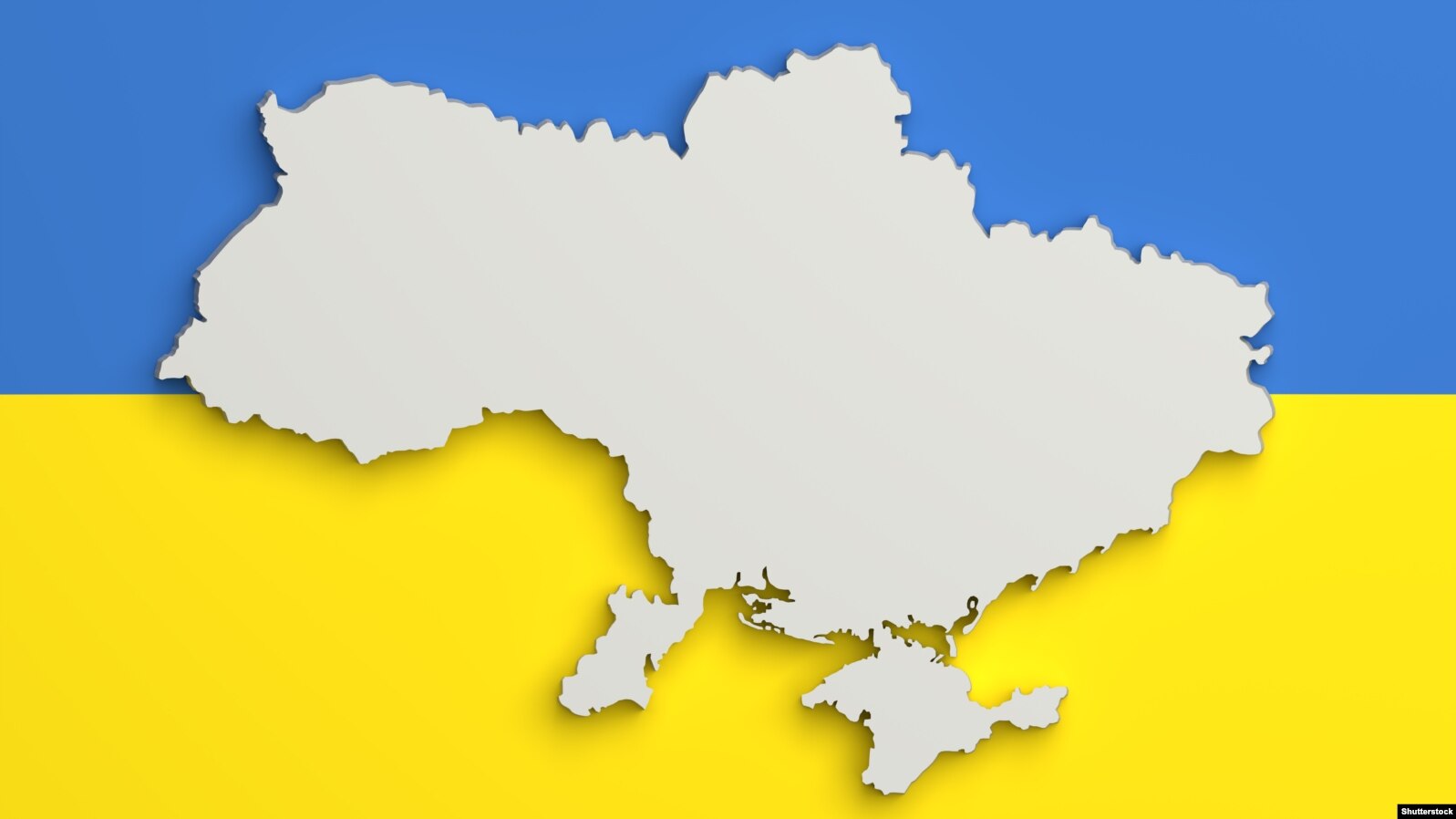
Post-war reconstruction of Ukraine in the context of public procurement legislation requirements.
After the full-scale invasion by the Russian Federation in 2022, Ukraine faced enormous challenges. These challenges primarily concern the restoration of destroyed infrastructure, modernisation of the economy, and the construction of a strong, democratic state capable of ensuring a decent standard of living for its citizens. Therefore, the issue of post-war reconstruction has become not only relevant but also critically important. At all stages of the country's reconstruction process, it is particularly important to comply with current legislation in order to meet the expectations of international donors and investors, who play a key role in financing and supporting reconstruction. All this awaits us immediately after victory, but while the war continues, daily challenges call for decisive action. Therefore, the recovery process begins today, and the procurement process is one of the tools for rapid response. Therefore, the Law of Ukraine ‘On Public Procurement’, Resolution of the Cabinet of Ministers of Ukraine No. 1178 and the updated Law ‘On Public Procurement’, which is still awaiting its time in the form of draft law No. 11520, are designed to ensure the rapid, effective and, most importantly, transparent reconstruction of Ukraine.
The updated Law on Public Procurement should bring Ukraine's procurement legislation closer to EU standards, in particular by further improving the functionality of the Prozorro electronic public procurement system. How exactly? For example, by using electronic tender documentation, integrating with state registers and generally simplifying the entire process of organising and conducting public procurement for state customers in the difficult post-war conditions of recovery, when financial resources are limited and it is extremely important to ensure the targeted and effective use of funds.
Changes in the procurement process await us not only at the legislative level. With the aim of rebuilding the country, the government has created a new central executive body called the ‘Reconstruction Agency,’ whose goal is not simply to rebuild what has been destroyed, but to create a modern, safe, and convenient infrastructure that will be better than it was before. And to ensure that all recovery procurement is carried out centrally, a separate centralised procurement organisation has been established under the management of the Recovery Agency – SE ‘Infrastructure Projects’ (Resolution of the Cabinet of Ministers of Ukraine No. 362 of 01.04.2025). This is the first centralised procurement organisation in Ukraine that has the right to procure not only goods and services, but also construction works, including new construction, road maintenance, development of project documentation in construction and other components of infrastructure projects.
Therefore, public procurement should become not only a tool for transparency and economic efficiency, but also a tool for guaranteeing the country's recovery and, of course, a tool for long-term partnership with donors and investors.
Public procurement during wartime
From the first days of the full-scale invasion, the government introduced a number of changes to the procurement process, and the most significant event that regulated and adapted the procurement process under martial law was the Resolution of the Cabinet of Ministers of Ukraine dated 12 October 2022 No. 1178 ‘On approval of the specifics of public procurement of goods, works and services for customers provided for by the Law of Ukraine ’On Public Procurement‘ for the period of martial law in Ukraine and for 90 days from the date of its termination or cancellation.’ This resolution established the specifics of public procurement under martial law and enabled customers (administrators of state funds) to make purchases for urgent needs in order to respond quickly to challenges related to combat operations or the destruction of critical infrastructure. Taking into account this regulatory act, customers were able to make purchases worth up to UAH 50,000 simply by announcing their intention to purchase; determine their own deadlines for completing procedures, taking into account the situation on the ground; engage contractors on the basis of a direct contract in the case of above-threshold purchases (UAH 100,000 for goods and UAH 1.5 million for works), which speeds up the process of responding to crisis situations (of course, subject to justified necessity); use the Prozorro electronic catalogue Market without restrictions on the expected value of purchases; twice as fast and without auction (if only one bid is submitted for the tender) to conduct purchases. At the same time, Resolution No. 1178 obliges customers to report on contracts concluded for a purchase amount exceeding UAH 50,000 in the Prozorro electronic procurement system, thus ensuring the principles of transparency and publicity even during wartime.
So, what can we expect on the road to effective post-war reconstruction?
One of the main challenges on the path to effective post-war reconstruction is striking a balance between the speed of procurement of goods and works and compliance with legislative procedures. At the same time, legality and transparency must ensure the long-term effectiveness of reconstruction and help to avoid projects with a ‘corruption trail’. An important factor here is the active participation of civil society organisations and various initiatives and, of course, the support and oversight of international partners who provide ongoing technical and expert assistance and thus influence the quality of procurement procedures.
In view of the above, it can be concluded that the legislative framework currently in place in Ukraine already provides a legal basis for procurement in accordance with the principles of transparency, fair competition and non-discrimination of participants, while ensuring maximum cost savings.
These savings are achieved through various factors, such as control over the expenditure of budget funds; involvement of small and medium-sized contractors; elimination of corruption risks by relevant authorities (e.g. NACP); strengthening the trust of donors and international partners; and monitoring by civil society, which is critically important in the context of regional reconstruction.
Сonclusion
The reconstruction of Ukraine is not only about the physical restoration of what has been destroyed, but also about the formation of a new state development strategy. Compliance with the requirements of existing procurement legislation not only ensures the legality of processes, but also increases efficiency, transparency and trust in state institutions. In the context of post-war transformation, these principles should form the basis for rebuilding a strong, modernised, European and free Ukraine. Overall, the post-war reconstruction of Ukraine is a key element of national security, economic stabilisation and the country's European integration course. The rational use of funds, in particular international aid, is an opportunity to present our state to the whole world as an effective, honest, reliable and promising partner.


